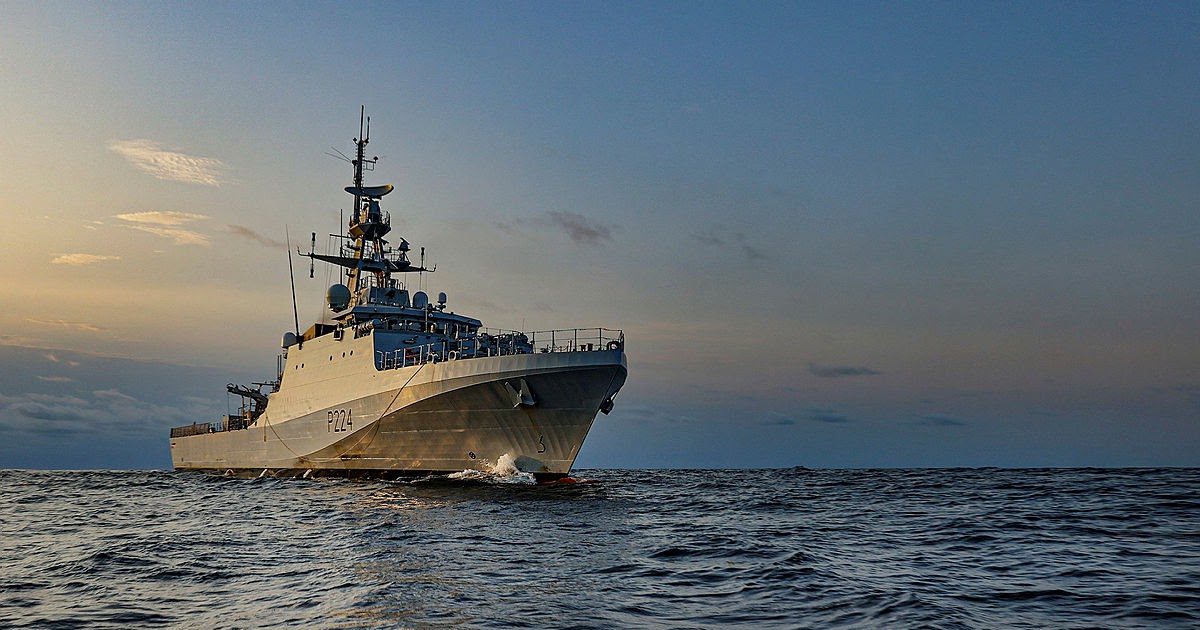- Reaction score
- 27,183
- Points
- 1,090
What makes you think it is not? Anyone sailing on a RCN ship will realize quickly that it is the focus of the RCN (why do you think you constantly see comments here by RCN engineers saying that we drive the frigates like they were stolen?).
But again, your comment is Army centric. Unlike the Army and RCAF, merely by sailing we are "off-base" and in the world either in the eyes of the Canadian public or, on the high seas and foreign waters, in the eyes of all foreigners. On the great commons of the high seas, we not only represent Canada, we ARE Canada. Our mere presence in and of itself is a diplomatic act in peacetime. It tells the world "we are here, exercising those rights international laws grant us and stand ready to protect Canadian interests".
Perhaps immersion for all these years in the maritime world makes it difficult for sailors to communicate to the other elements how foreign the maritime world is from the land based ones and it is our fault for not breaking through that barrier.
I came to that realization a long while ago but some times ago, not too long, I believe that it was by Infanteer, there was a post in one of the fora here that put it all in perspective for me. In that post, he described the "area" of concern/responsibility of that various Army units It started with platoon at about half a kilometres and ended with theatre level command with an area of about 100 to 200 kilometres.
It really drove home that we are in different worlds. At 100 km on a warship, I am in a knife fight. As a frigate CO, I am worried about what's one thousand or two kilometres from me, because at a closing speed of 24-25 knots (a comfortable 12 knots on each side), I am meeting that threat in about 24 hours. I won't even go into AAW where the knife fight starts around 250-300 km and I'd rather have a few thousand kilometres warning of an oncoming raid. To navies, a full ocean, like the North-Atlantic is a single theatre of war and treated as such.
Ships are not independent; they are a part of a larger, interdependent warfighting group (combining sensors and strike ability with other ships and air assets). A single clapped out, unfit for sea Canadian CPF is largely irrelevant in naval terms. Cocktails on the flight deck are irrelevant when your leadership have permitted materiel, equipment and personnel to deteriorate to their current state. (And protected and promoted Haydn and others.)
Based on the force that the RCN can project and the C2 needed, the CRCN could easily be downranked to a Commodore.
But yeah, you've got awnings over the flight deck and duty free booze to serve to senior officers in high necked whites as the vital ground.
Last edited:





